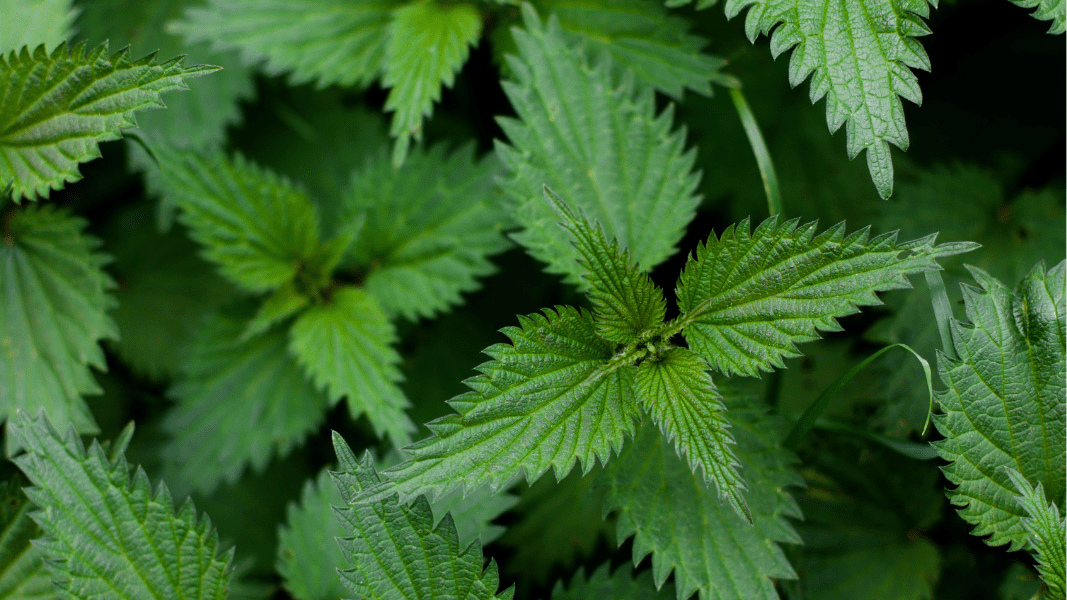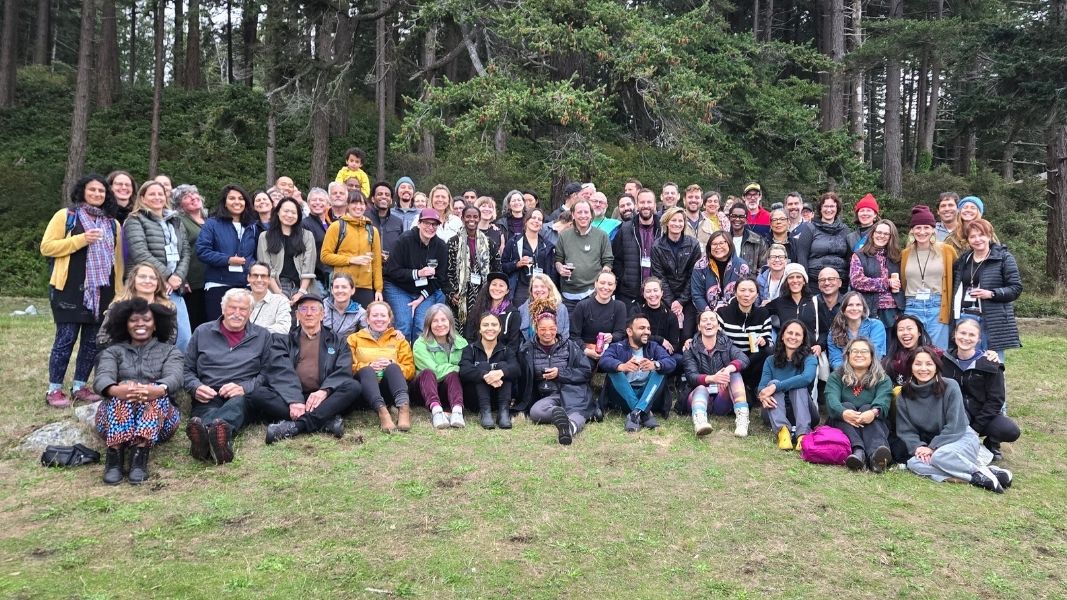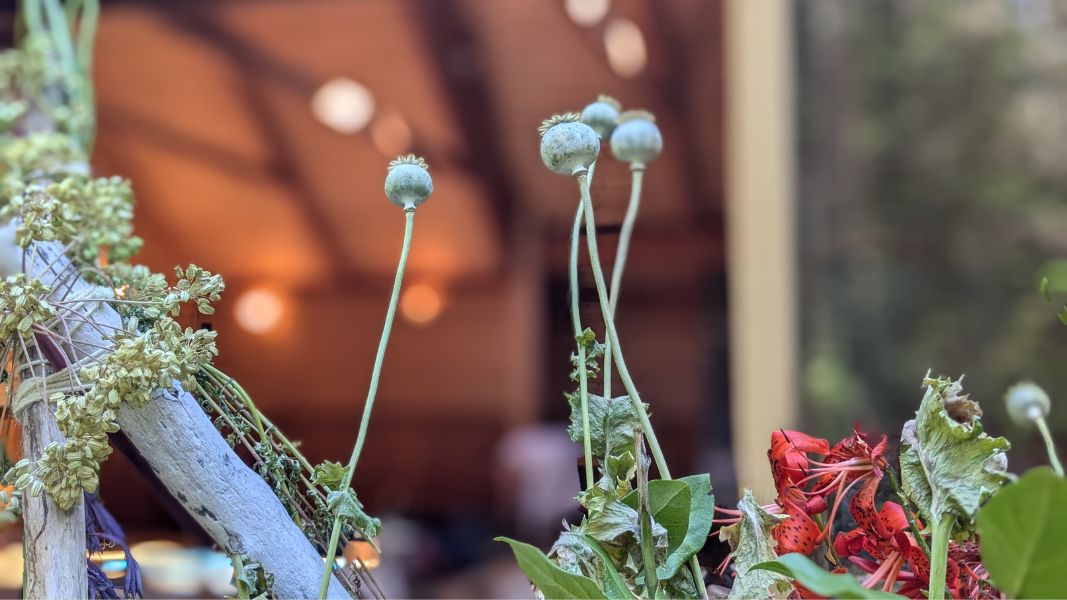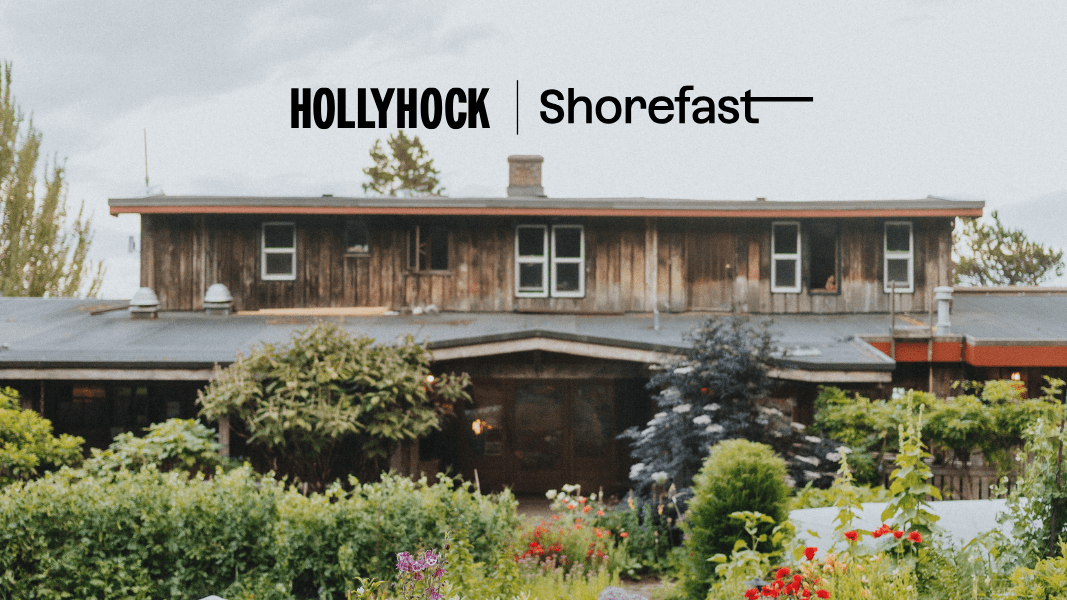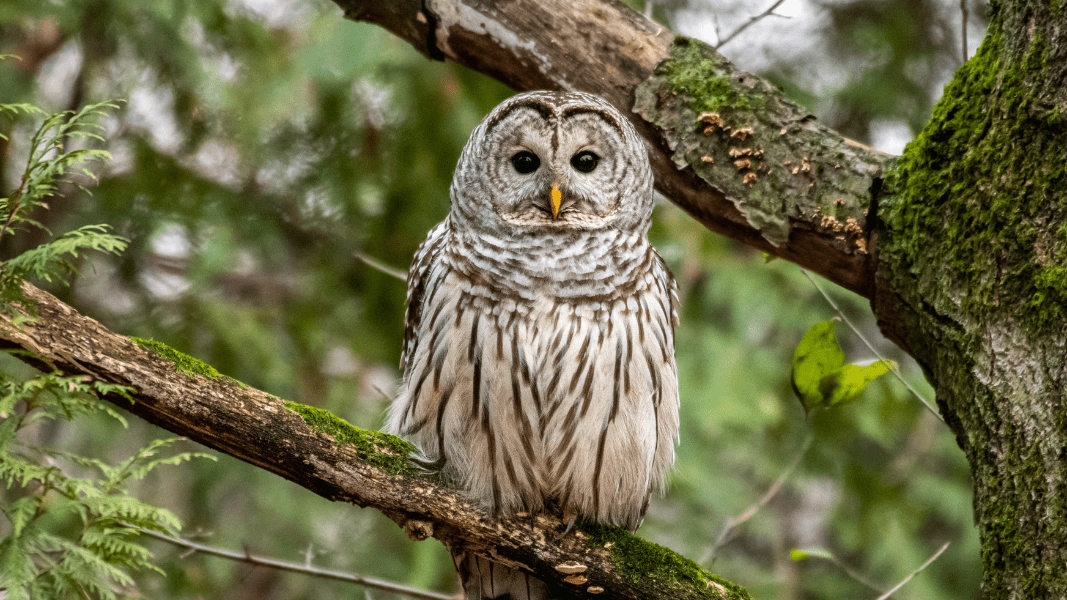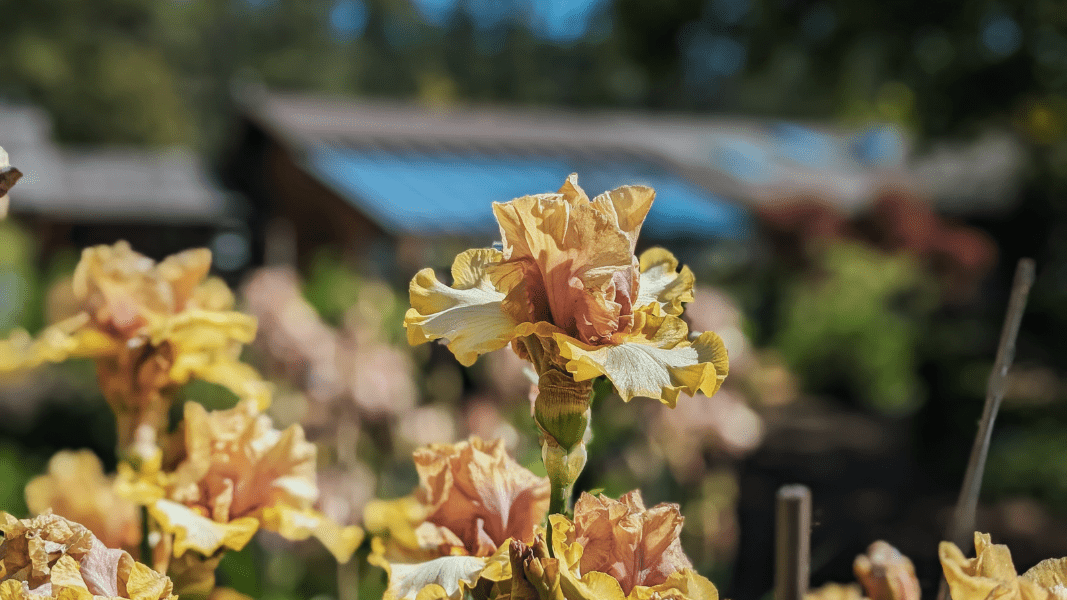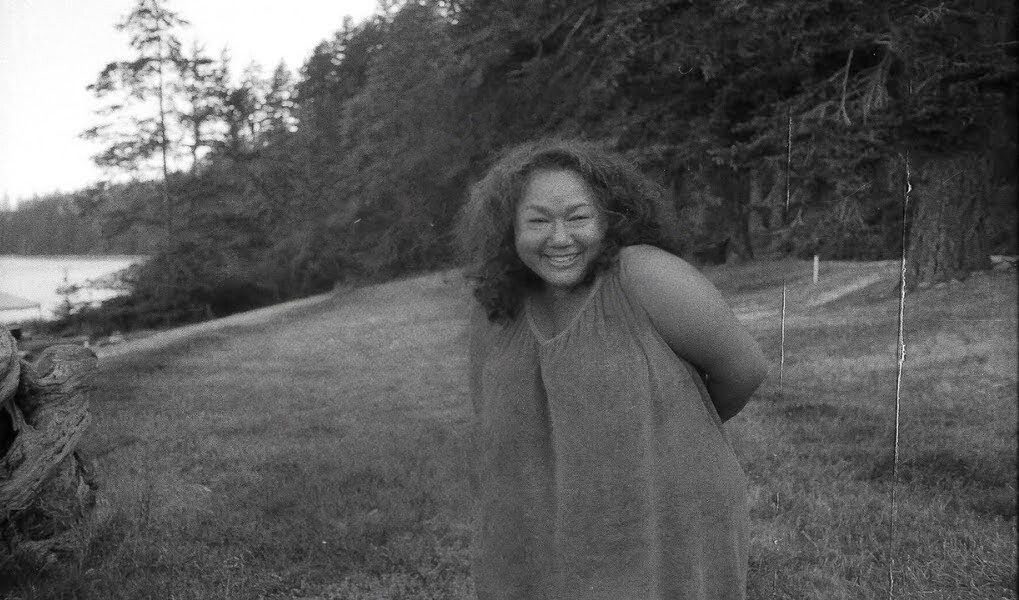Recently, I had a conversation around the usage of the term Native. I found myself in an uncomfortable place discussing the semantics of this word. On the one hand my friend claimed that she is Native to Canada due to being born on these lands, although, culturally she is not.
This is true according to the dictionary, which has the term described with about 10 definitions, as a noun, an adjective, and with an added disclaimer as “sometimes offensive” before the descriptions – inbred was one of the descriptors, as well as preliterate. The word originates from a latin term nativus: inborn, natural, equivalent to nāt(us ) (past participle of nāscī to be born) +
-īvus -ive .
I began to ask if in pre-colonial times we referred to ourselves as Natives – of course, we did not. I began looking at the translations of our Nation names which generally relate to from the natural world. For example, Potowotami = keepers of the fire, Haida = people of the islands, Musqueam = people of the river grass.
The usage of words and semantics are interesting. Upon further investigation into this word I watched how it has been used as a stick of patriotism – specifically a western concept. It has been used to create borders of separation, and layering who is more native, as immigration is ever expanding. The word play is mind boggling to me.
A few weeks later, I was at a garden center and I saw my answer.
There are native plants that are from this land, evolved over milleniums to exist in an area, that is simple to understand. There are introduced species, which I am grateful for the variety, as I look at them in my evening walks around the city. And finally there are invasive species. I am of two minds on this one. A teaching shared from Carolyn Casey was that as lymes disease is on the rise, mother nature provided a medicine to the malaise, which has up until recently been overlooked as an invasive species. Then there are invasive species that choke out and overtake the natural inhabitants of an area.
In a time of demographic upheaval, the semantics will always be in paradox to how we give it meaning. And shift happens.
Kim Haxton is Potowatami from Wasauksing, and will be sharing IndigenEYEZ Leadership Essentials at Hollyhock on July 22-27, 2018.
Discover inspirational videos, insightful articles, and delicious recipes from our presenters, staff, and community.




